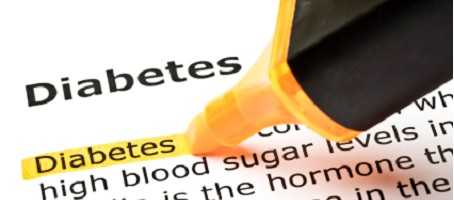Adults under the age of 40 are receiving a low standard of care according to findings from the National Diabetes Audit.
People with type 1 diabetes are facing particularly poor care in terms of complications screening with fewer than 3 in 10 of under 40 year olds receiving 8 of the 9 essential healthcare checks. Under 40 year olds with type 2 diabetes are not faring that much better with less than half receiving 8 of the 9 checks.
It is a worry that essential screening is not being carried out, meaning that many young people may be blindly heading towards diabetes complications. The situation is not helped by the fact that many people under 40 are struggling to control their blood sugar levels.
22% of people with type 1 diabetes under 40 years old have an HbA1c over 86 mmol/mol (10%). For people under 40 with type 2 diabetes, 16% have an HbA1c over 86 mmol/mol (10%).
Diabetes UK’s Chief Executive, Barbara Young has responded to the findings, saying: “It is deeply worrying that young adults with diabetes are less likely to get their annual health checks and also less likely to have their condition under control. While it is right that the NHS has focused on older people with multiple conditions over the last few years, we fear that care for younger people and those of working age with diabetes is being left behind.”
If you are not receiving the complications screening tests you should be or are not being told what the results of these tests are, ask your doctor or consultant to address the issue. You should also be told your HbA1c results and, if they are higher than the recommended levels, you be given advice on how to bring your blood glucose levels under stronger control.
What's new on the forum? ⭐️
Get our free newsletters
Stay up to date with the latest news, research and breakthroughs.









